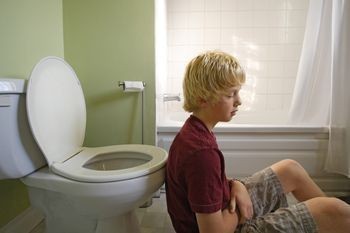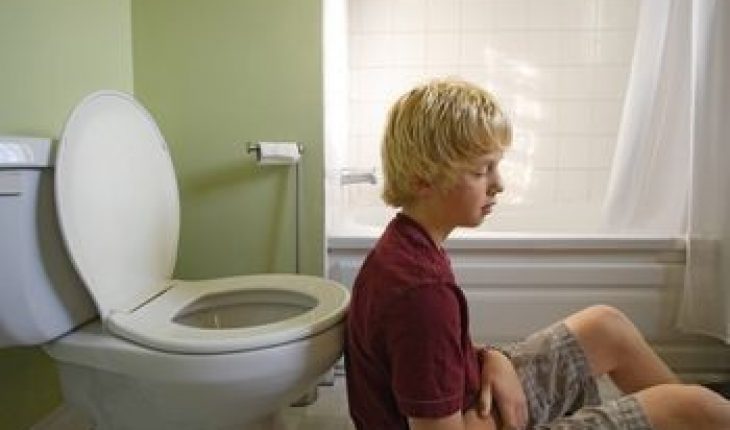Having blood in the stool is a common medical complaint, which can be harmless or can be caused by serious diseases. In order to know if it indicates a chronic illness, it is important that patients have ideas about the other symptoms that can be associated or related with having blood in stool. In addition, it is also advantageous to have ideas about the different causes of rectal bleeding (also known as hematochezia). To help individuals who experience this condition, it is best if we have a closer look on the different reasons for having blood in the stool.
Causes of Hematochezia
Should I worry if I have blood in my stool? Rectal bleeding can be caused by various factors so patients have nothing to worry if they have blood in the stool. However, it is important to observe if hematochezia recur and if it is accompanied by other symptoms like pain, vomiting or tingling sensation while urinating. Most of the time, the color of blood in the stool determines the source of bleeding. For instance, if the blood is bright red, it is possible that the blood comes from the anus, sigmoid colon or rectum. In this case, patients can have hemorrhoids, which can cause hematochezia.
If the blood is maroon or dark red, the possible sources of bleeding are the right colon and transverse colon. Diverticulitis is one of the causes of rectal bleeding. To treat this condition, patients should take antibiotics. In addition, their daily diet should have foods that are rich in fiber. If the stool has a foul smell and if the color of the blood is tarry black, it is necessary for patients to consult with their physicians immediately since the cause of hematochezia can be related to gastrointestinal disorders or diseases. If rectal bleeding is accompanied by other symptoms like vomiting, the possible causes include esophagitis, amoebiasis and peptic ulcer disease. Other diseases and medical conditions that can be related to hematochezia are ulcerative colitis, rectal fissure and colon polyps or colon cancer.
Additional Information and Other Important Details
Rectal bleeding can be treated by taking antibiotics and increase intake of foods that have high fiber content. Other first aid treatments for this condition are drinking 10 glasses of water a day and applying ice packs on the anus. If the underlying cause of the condition is serious, patients will be administered with IV and they can be confined or admitted to a hospital.

